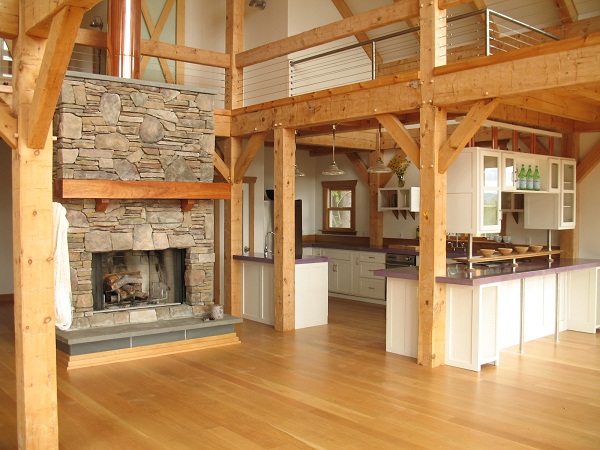Planning a home improvement or DIY project in advance can save you time and money – two of our most valued assets!
It can be very easy to get excited about an idea to spruce up your home and jump straight in. But before you start tearing down the walls and pulling up the carpet, there are a number of things you should consider which will make sure your hard work doesn’t go to waste and save you many hours in trips to B&Q and waiting for contractors.
So here are some reasons why it’s important to plan your next DIY project.
Let your Neighbours Know
Depending on where you live, it is more than likely that your neighbours will be disturbed by your drilling and hammering. Huge arguments between neighbours have been noted in the past, including a couple of cases involving extensive house works without any notice to the surrounding property owners.
Asking the old bloke next door or young family in the garden behind yours if it’s OK to do some work will help negate any issues. Let them know how long to expect the extra noise, and tell them when you plan to stop each night.
Try to avoid working before 9am on weekdays and after 8pm, whilst it’s also OK to make necessary noise on weekends after 10am until around the same time in the evening.

Get your Required Materials and Tools before you Start
This is a big time saver, and it could also save you money. Before you start your job, try and work out what materials you are going to need. The last thing you want to have to do just before you’ve finished is run out to the local supplies store because you’re missing one sheet of MDF, have forgotten to buy copper nails or have bought the wrong sized joist hangers.
Buying in bulk offers are quite common on materials and fastenings too, so doing a big supplies shop before you unleash the toolbox on your home is beneficial in more ways than one.
Book the Plumber before you Start!
This sounds like odd advice, but it’ll save you many hours if not days of twiddling your thumbs with a dust sheet covered home.
Decide whether or not your project will require any additional specialist help. For example, if you are converting your loft you may need an electrician to install plug sockets and more lighting in the roof space.
You will want to book these specialist trades in advance of you even starting work to make sure you’re not left with a half finished job as the plumber can’t come round until next week.
Check for Required Planning Permission
An absolute nightmare for any builder is to complete a job only to find that they never got the necessary planning permission and the local authorities demand they tear down their good work.
To make sure this doesn’t happen to you, check to see if the changes you are making to your property require official permission.
For example, installing a new fence or building a conservatory may not be allowed, and in grade listed properties you may need consent to make even minor interior changes.
Check your local authorities website for more details.
